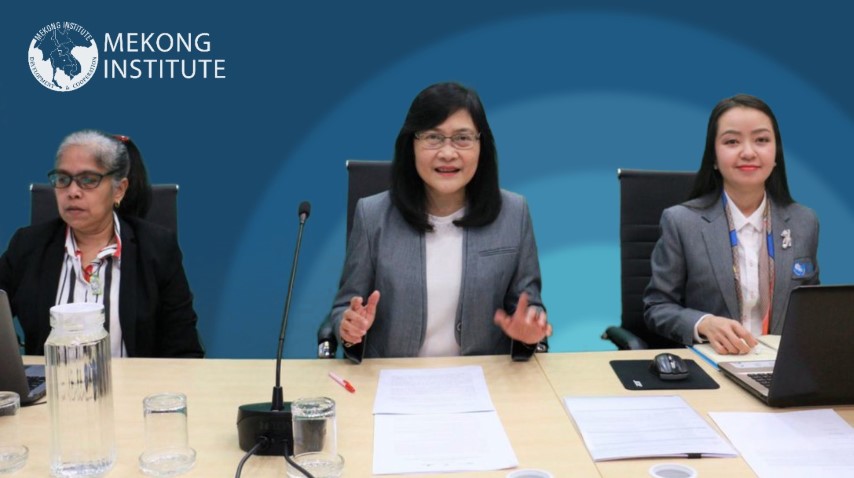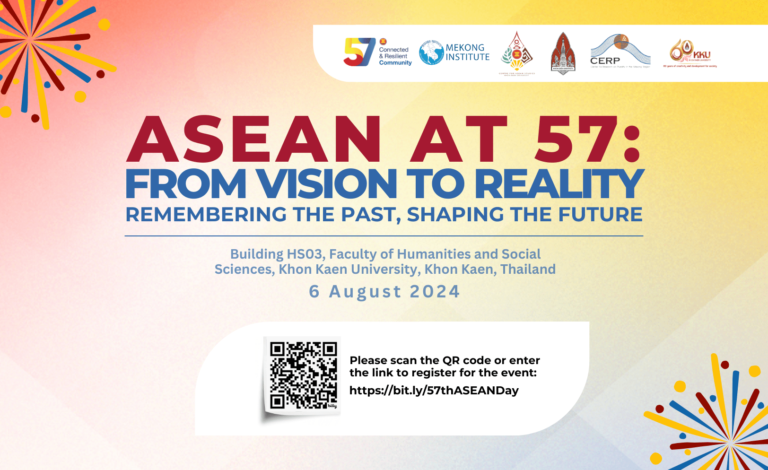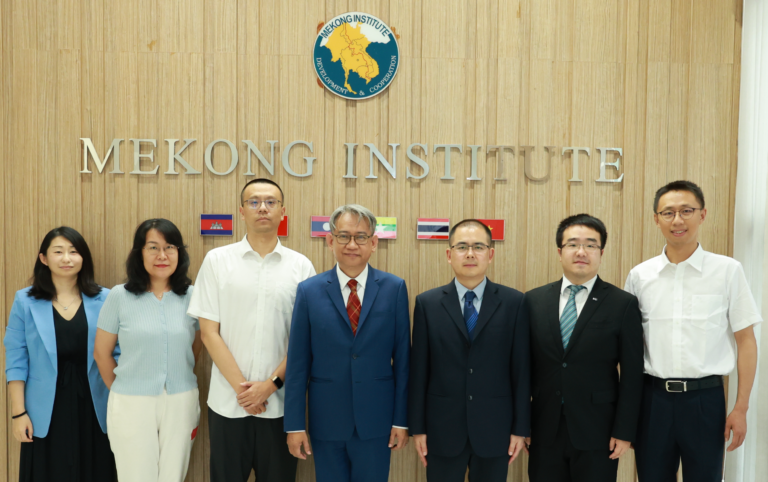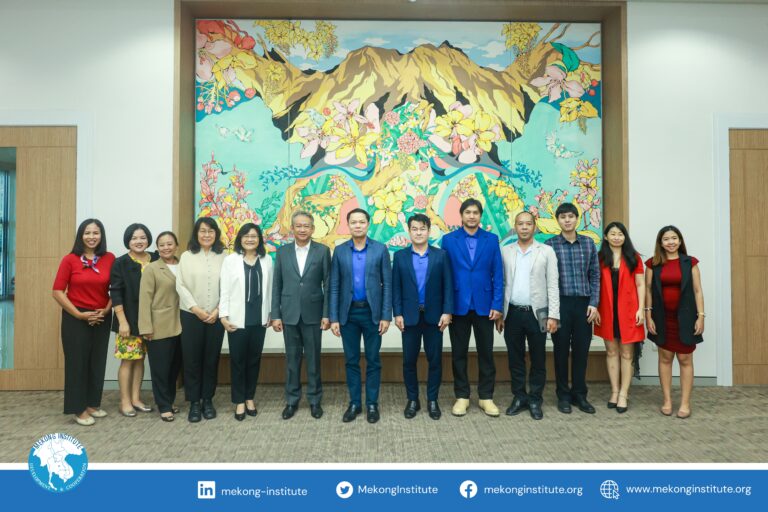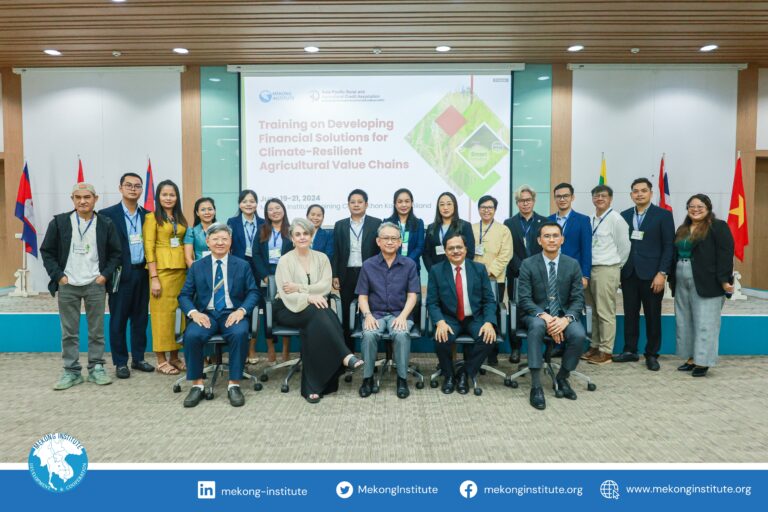To help more small- and medium-sized enterprises (SMEs) access international markets, Mekong Institute (MI) convened 55 government and business groups at a hybrid PROSAFE Forum on March 25, 2021 in Ho Chi Minh City and through digital channels.
In her opening remarks, Ms. Maria Theresa S. Medialdia, MI Director of Agricultural Development and Commercialization, encouraged deeper public-private collaboration to further strengthen the inclusivity and resilience of the agri-food chain.
“As Vietnam advances economically, its agri-food sector must continually evolve,” she said, before underscoring that harmonized efforts are keys to helping food businesses elevate market intelligence and research and development capacities for them to keep pace with demands of competitive markets.
Discussions during the half-day Forum focused on deepening participants’ understanding of strategies in promoting export products, as well as expanding their knowledge on non-tariff measures and food safety compliance requirements.
The open exchange session among participants also highlighted the need for advanced courses on digital market practices and wider access to facilities for SMEs to produce products that meet international standards.
Resource persons from the country’s Chamber of Commerce and Industry, Trade Promotion Agency, Agro-Processing and Market Development Authority presented current food safety polices and business support initiatives, including avenues where SMEs can access financing support.
The “Food Safety for Market Access: Enhancing Foreign Demand for Vietnamese Agri-Food” was the third PROSAFE Forum in 2021, with MI food safety experts facilitating from the MI Headquarters in Khon Kaen, Thailand, while participants from Ho Chi Minh City and other nearby provinces gathered in Vietnam. The event was also supported by MI alumni from the country.
Supported by the New Zealand Aid Programme, PROSAFE strengthens food safety capabilities of agri-food supply chain stakeholders in Cambodia, Lao PDR, Myanmar, and Vietnam. Specifically, its goal is to promote food safety through a coordinated approach to knowledge and skills development. Apart from addressing country-identified training needs, the project also builds strong partnerships and collaboration between the public and the private sector.


